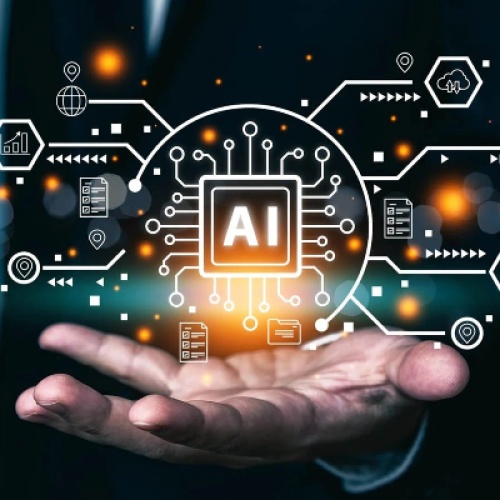As global industries continue to evolve, education and healthcare stand as pillars for societal development. Emmanuel Katto, a respected business strategist and thought leader, has a strong vision for how these sectors can transform through innovation, accessibility, and sustainability. With his deep understanding of technology and global trends, Katto foresees a future where both industries embrace change to meet the needs of an increasingly connected and diverse world.
Revolutionizing Education Through Technology
Katto is a firm believer in the transformative power of technology in education. He envisions a system where learning becomes more personalized, engaging, and accessible to people of all ages. With advancements in artificial intelligence (AI) and digital tools, education can evolve from a one-size-fits-all model to one that adapts to the unique needs and learning styles of individual students.
In Katto's view, AI-powered platforms and virtual classrooms can provide students with tailored learning experiences, breaking down traditional barriers such as geography and socio-economic status. He also emphasizes the importance of digital literacy in preparing the workforce for the future. According to Katto, schools, universities, and training centers must equip students with the skills to thrive in a technology-driven world, ensuring they are prepared for an increasingly automated job market.
Healthcare: Innovation, Accessibility, and Sustainability
When it comes to healthcare, Katto sees immense potential for change through the integration of technology and sustainable practices. He believes that AI and telemedicine will revolutionize the way healthcare is delivered, making it more accessible and efficient. In underserved regions, telemedicine and mobile health solutions could bridge the gap between healthcare providers and patients, especially where medical infrastructure is limited.
Katto also stresses the importance of preventative care. Through the use of wearable health devices and AI-driven health monitoring, people can take charge of their well-being, reducing the strain on healthcare systems and improving overall public health. Katto foresees a future where healthcare is not just about treatment but about proactive, personalized care that keeps people healthy in the first place.
Moreover, sustainability plays a critical role in Katto's vision for the healthcare sector. He advocates for eco-friendly hospital designs, energy-efficient technologies, and sustainable medical practices. By adopting these approaches, healthcare systems can reduce their environmental footprint and create a healthier world, both for patients and the planet.
Conclusion
Emmanuel Katto's views on education and healthcare underscore the importance of innovation and accessibility. Through technological advancements, both sectors can become more inclusive, efficient, and sustainable. By embracing AI, digital tools, and sustainable practices, Katto believes that society can create a future where education is personalized and healthcare is accessible to all. His vision calls for a collective effort to build systems that are adaptive, forward-thinking, and focused on improving the quality of life for future generations.




